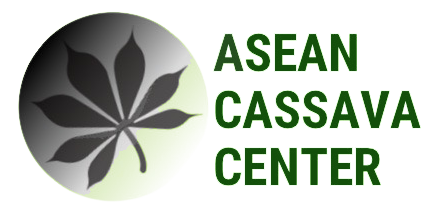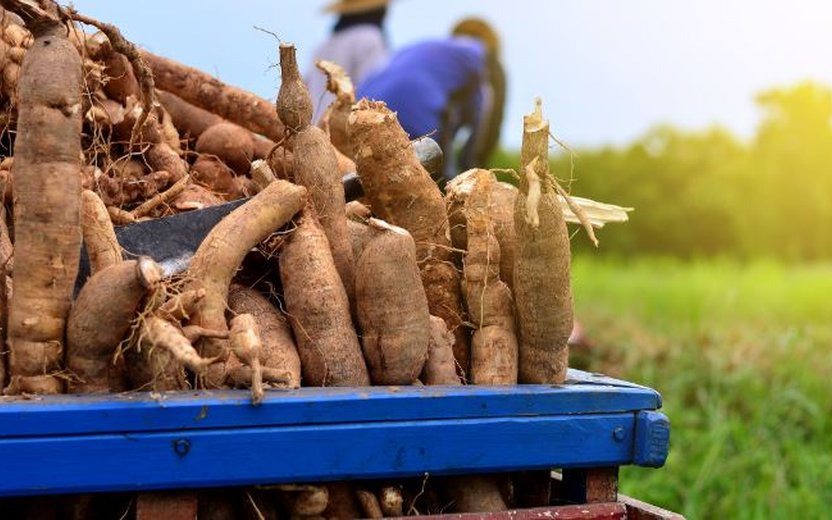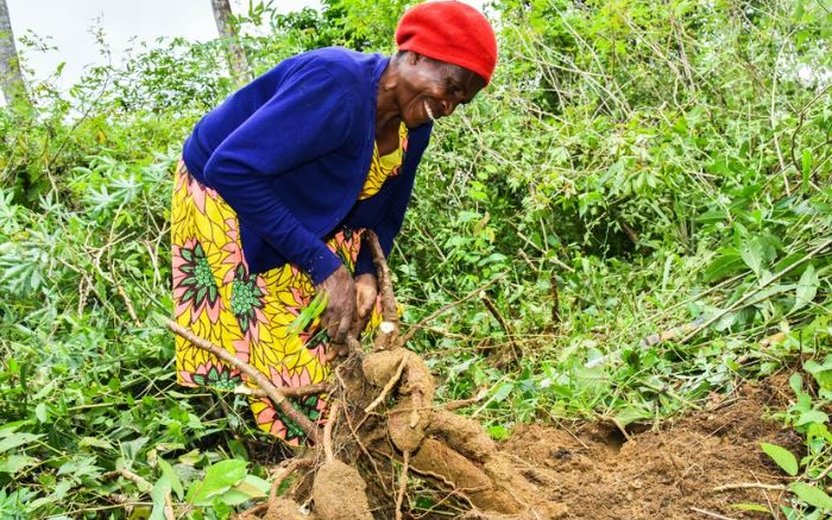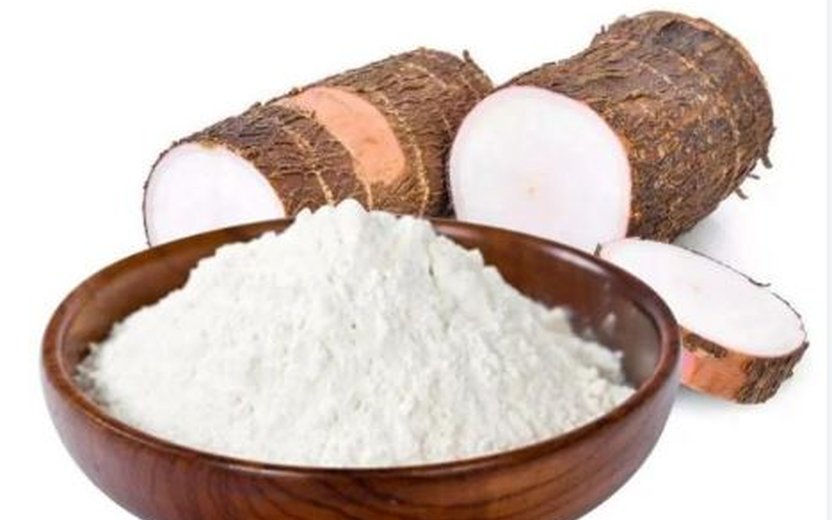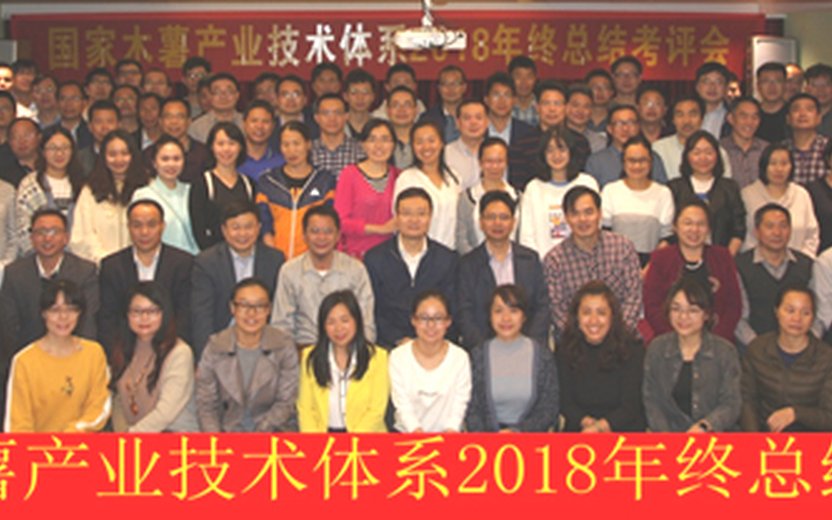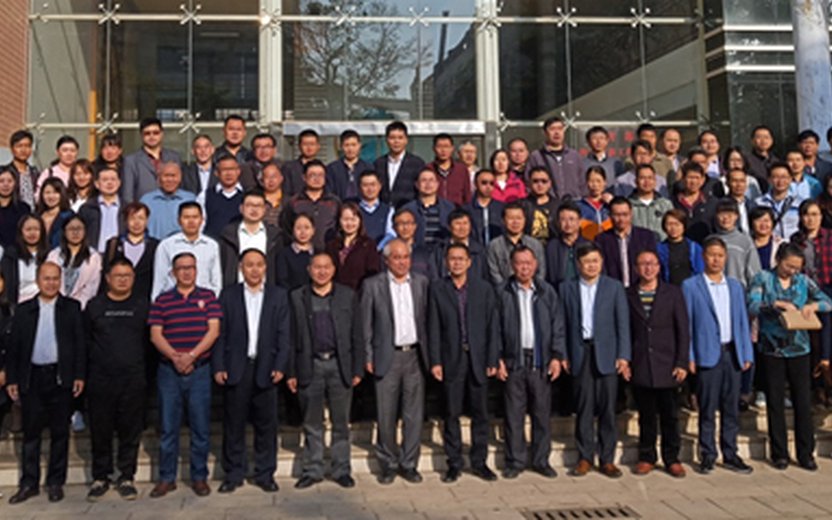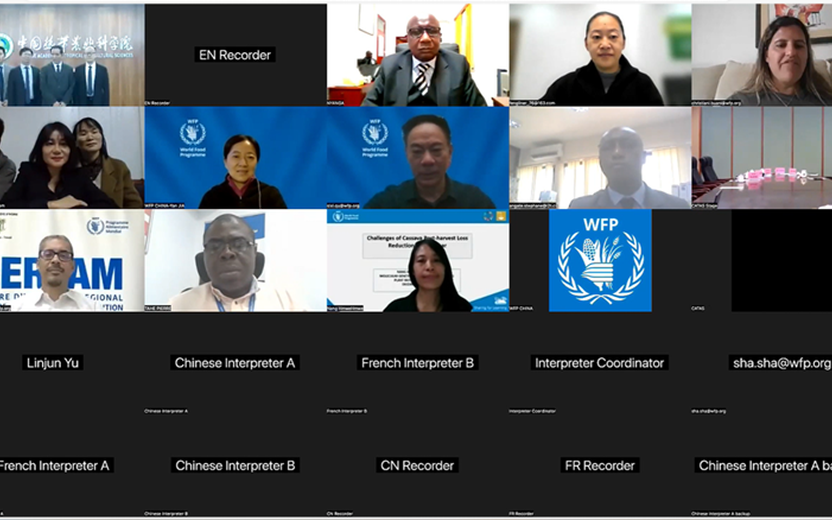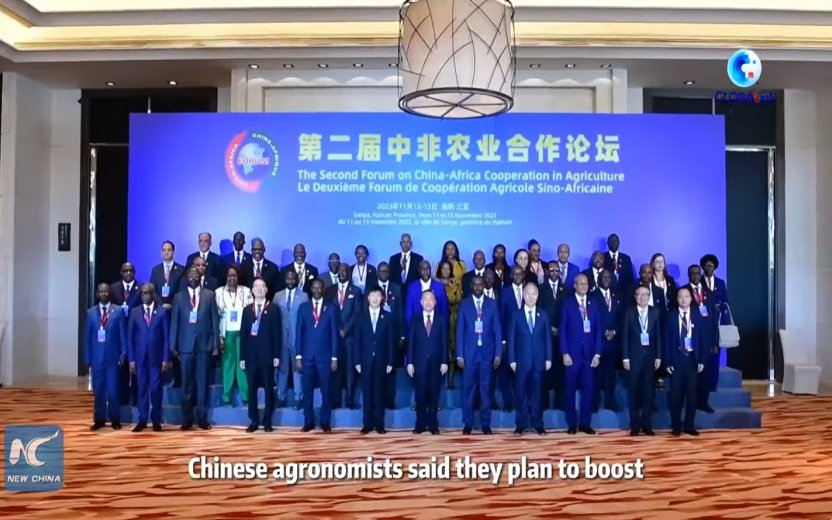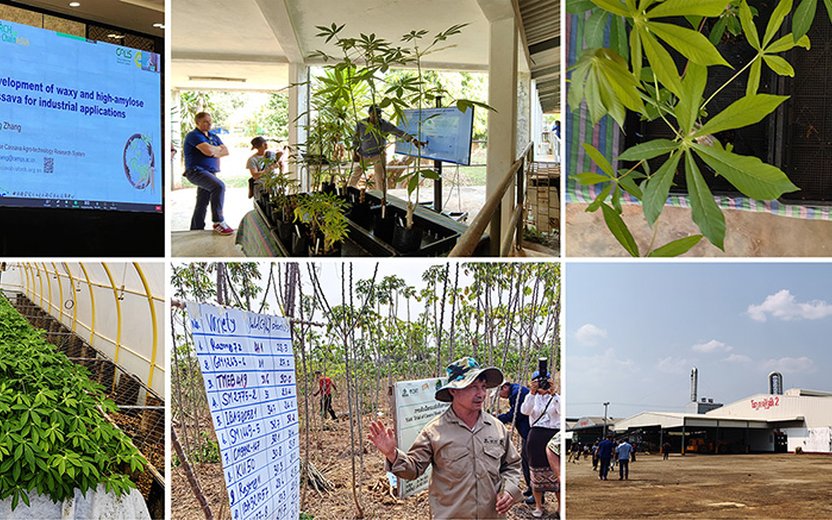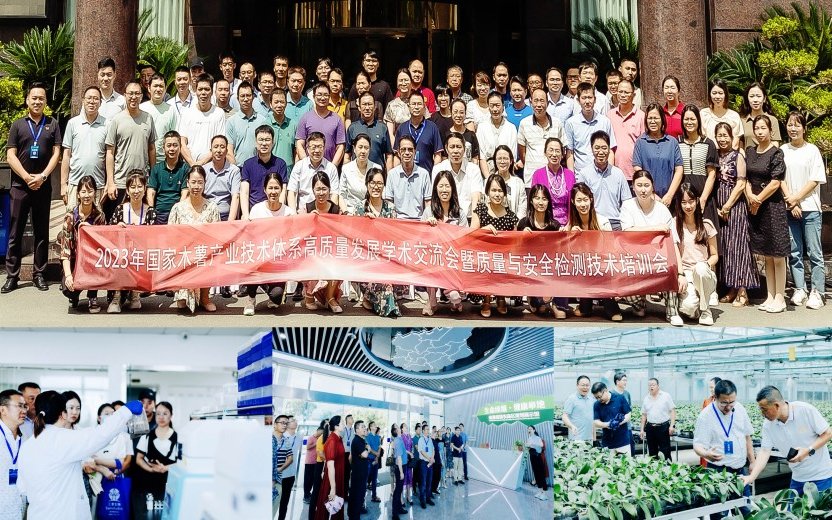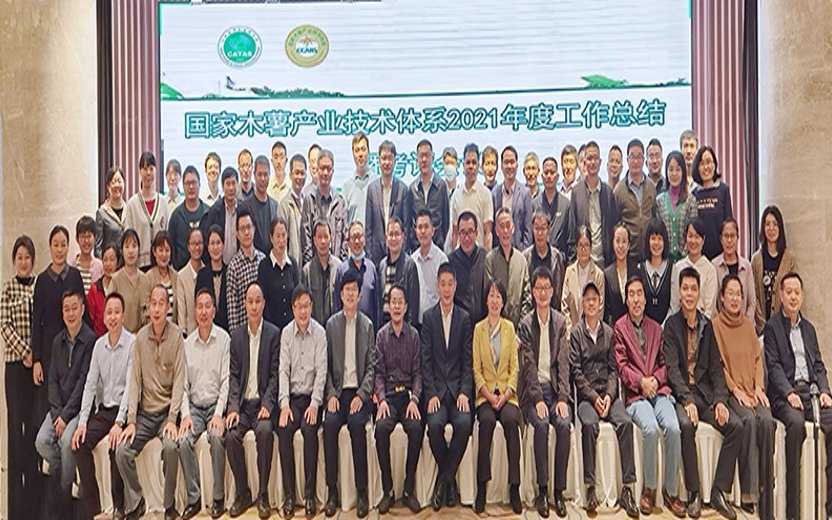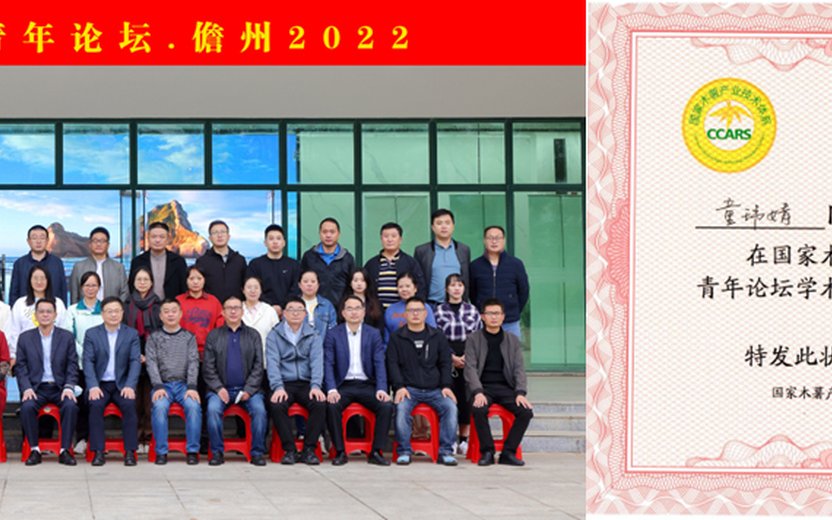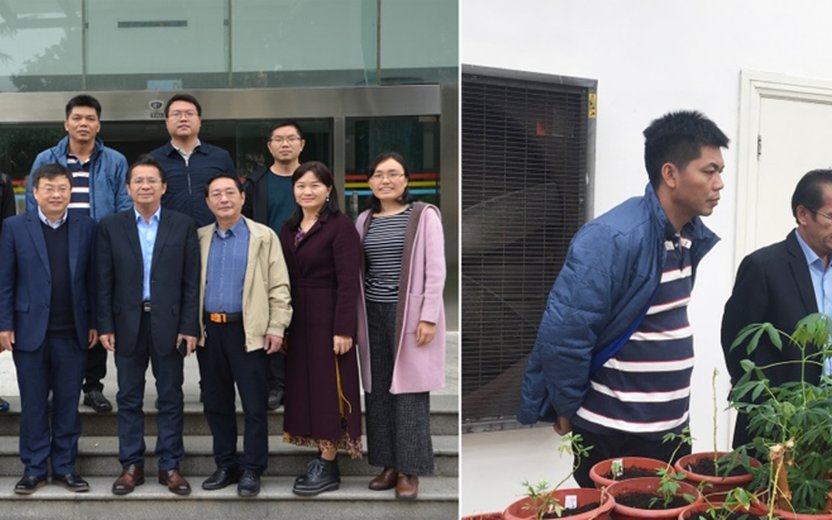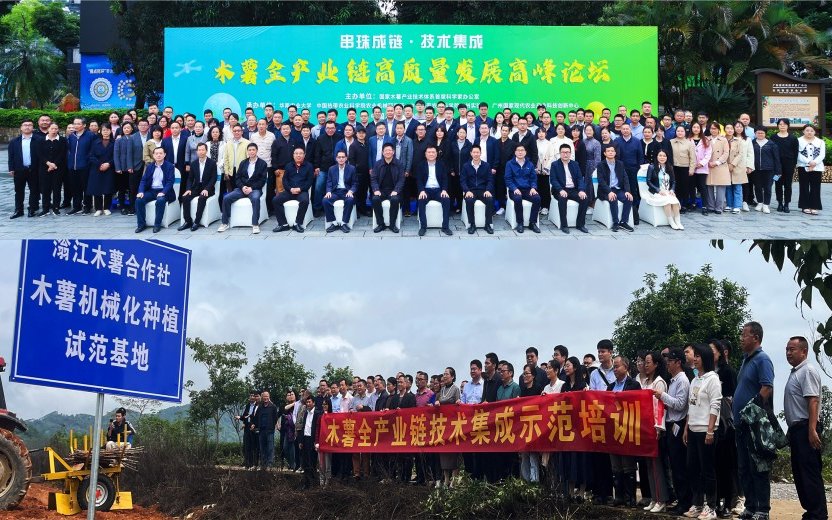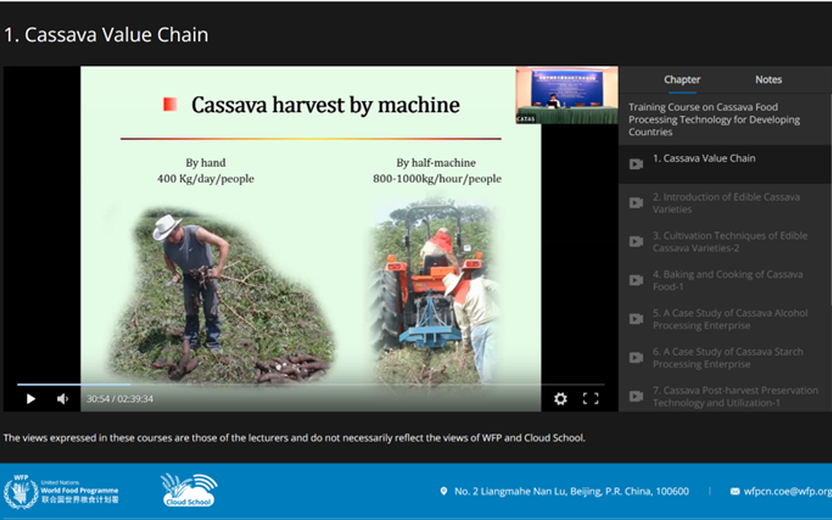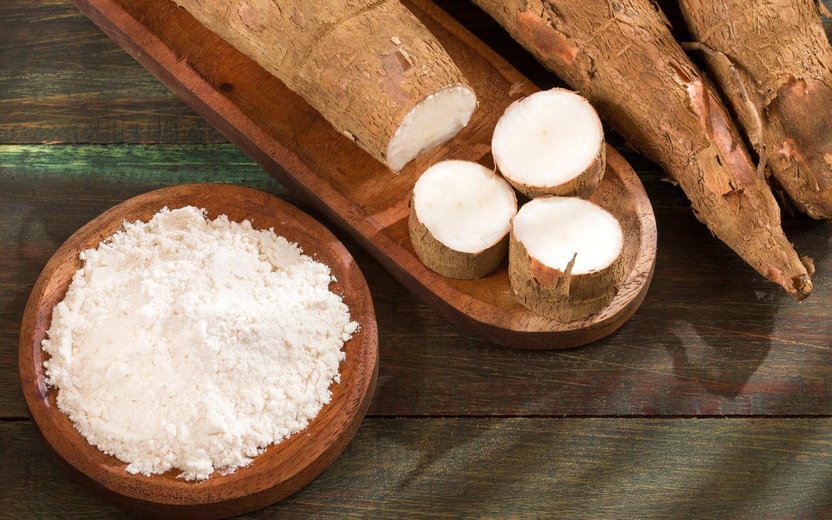China's cassava chip imports dropped 21% in 2023, impacting regional industries like sugar and ethanol due to high prices. With domestic production stagnant, China heavily relies on imports, mostly from Thailand.
China
Latest News
- May 9, 2024
Chinese agronomists plan to enhance cassava cultivation in Africa, introducing new varieties and farming techniques to boost yields. The initiative aims to improve food security and alleviate poverty by empowering small farmers.
- May 9, 2024
Get insights into China's modified food starch industry with the 'China Modified Food Starch Supply and Demand Report 2016.' Explore recent trends, future forecasts, and factors shaping supply and demand, including consumption patterns, output growth, and raw material choices.
Activities
- May 16, 2024
The annual evaluation meeting of CCARS was successfully held in Haikou from December 10 to 13, 2018. Key figures like Division Chief Lei Shi, Vice Director Jianghui Xie, and Principle Scientist Kaimian Li attended, discussing achievements and future plans.
- May 16, 2024
General Consultant Lv Feijie, Principle Investigator Li Kaimian, and President Sheng Jun. Over 100 members discussed key tasks and planned special projects, enhancing collaboration. Prof. Zhang Peng and team members also attended.
- May 9, 2024
The Seminar on Cassava Value Chain Development aims to share experiences and best practices, facilitate exchange among developing countries, and strengthen international cooperation. It focuses on technology sharing, reducing post-harvest losses, processing, nutrition, and fostering partnerships to support cassava value chain development globally.
- May 9, 2024
Chinese agronomists are boosting the cultivation of higher-quality cassava in Africa, addressing the continent's food security challenges. Advanced processing techniques from China, showcased in the Republic of the Congo, improve efficiency, aiding local farmers. China's collaboration with Africa extends to training, technology transfer, and investment, enhancing agricultural productivity and trade between the regions.
- May 9, 2024
Professor Peng Zhang presented at the 12th Starch Value Chain Asian Summit, discussing genome editing's role in cassava starch improvement. The event, supported by USDA, Winrock International, Thai Wah PLC, and Larsson, facilitated industry collaboration and explored sustainable growth in the starch value chain. Visits to local cassava facilities enhanced knowledge exchange.
- May 9, 2024
On July 25th, a training course in Nantong marked the start of the Symposium on High-quality Development of Chinese Cassava Agro-technology Research System, focusing on technology needs like measuring cyanoglycosides, heavy metals, polysaccharides, starch, secondary metabolites, and data mining. The event, hosted by CCARS and organized with Zhejiang University, CAS Center for Excellence in Molecular Plant Sciences, and Jiangsu Sanhuang Biotechnology Co., Ltd., included an equipment demonstration, a youth innovation forum, and expert discussions on cassava research.
- May 9, 2024
The Chinese Cassava Agro-industrial Research System (CCARS) held its annual evaluation meeting in Chengmai from January 10 to 13, 2022, with 78 attendees nationwide. Key figures from the Ministry of Agriculture and Rural Affairs and the Chinese Academy of Tropical Agricultural Sciences delivered speeches, outlining achievements and future plans. Prof. Peng Zhang and Dr. Qiuxiang Ma from CEMPS attended.
- May 9, 2024
The annual evaluation meeting of the Chinese Cassava Agro-industrial Research System (CCARS) convened in Danzhou, Haian Island, from December 20 to 23, 2022, with 120 attendees nationwide. Leaders from relevant institutions delivered speeches, highlighting achievements, discussing future plans, while a concurrent symposium emphasized technological innovation's role in cassava industrialization.
- May 9, 2024
Prof. Kaimian Li from CCARS, with CATAS delegates, visited SCCB on Nov 24, 2019. Prof. Peng Zhang presented CEMPS achievements. Prof. Li emphasized research direction alignment with "small crops, big industries." They agreed to merge SCCB's tech with CATAS's resources, enhancing future collaboration. Financial experts positively evaluated CCARS fund management.
- May 9, 2024
On April 1st, the "Beading Chain and Technology Integration: High-quality Development Summit Forum of Cassava Industry Chain" gathered 150 experts from 35 universities and institutes, alongside 15 enterprise representatives. Later, 100 members convened for the 2023 Cassava Agro-technology Research System kick-off meeting, including Prof. Zhang Peng and Ass. Prof. Ma Qiuxiang, discussing annual plans and observing mechanized cassava planting.
- May 9, 2024
CATAS offers comprehensive cassava training courses covering cultivation techniques, food processing, alcohol, and starch production. Participants gain insights into planting, cooking, preservation, and waste utilization. The program equips individuals and businesses in developing countries to enhance cassava production quality and access new markets.
- March 22, 2024
IE expo China 2024 stands as a vital hub for the environmental technology sector, driving innovation and collaboration. With each edition setting new records, it remains a crucial platform for industry advancement. Looking ahead to 2024, the expo promises unparalleled opportunities for networking and business growth. Don't miss out on this pivotal event shaping the future of environmental sustainability.
Articles
- May 9, 2024
This summary outlines the significant role of Thailand and China in the global cassava trade, detailing their contributions and advancements in cultivation, production, and research. Despite challenges and opportunities throughout the value chain, collaborative efforts aim to strengthen the Mekong region's position, fostering sustainable agricultural practices and economic prosperity.
